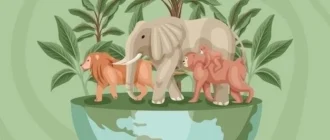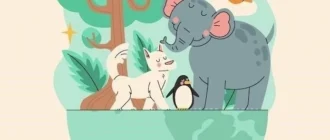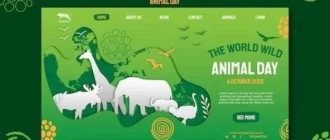As someone who has always cared deeply about animals, the ethics of animal agriculture is a topic Ive grappled with for years. Ive visited farms, both large and small, and spoken with farmers about their practices. Ive also spent countless hours researching the issue, trying to reconcile my love for animals with my understanding of the worlds need for food.
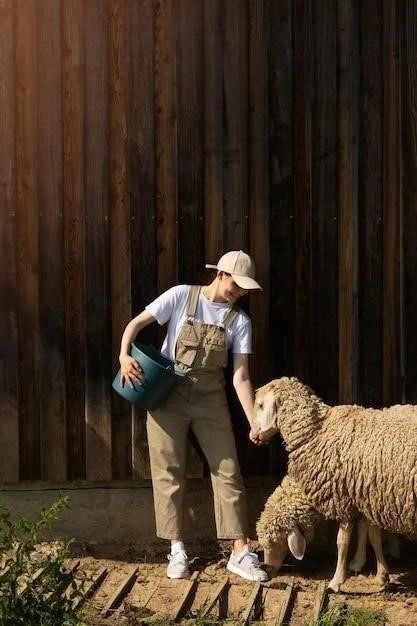
The Dilemma
The central dilemma is this⁚ animals are sentient beings capable of experiencing a range of emotions, including fear and pain. Yet, we raise billions of them each year in conditions that often cause suffering, all to satisfy our demand for meat, dairy, and eggs.
Ive seen firsthand the stark contrast between idyllic images of farm animals grazing in open pastures and the reality of industrial farming. The cramped, barren conditions in factory farms are particularly distressing. I remember visiting a pig farm and being overwhelmed by the stench of ammonia and the sight of pigs confined to tiny, overcrowded pens.
The Arguments
There are strong arguments on both sides of the debate. Proponents of animal agriculture often point to the nutritional value of meat and the economic benefits of the industry. They argue that animals are necessary for human survival and that farmers have a responsibility to produce food efficiently.
On the other hand, animal welfare advocates argue that the suffering we inflict on animals is morally unjustifiable, especially when plant-based alternatives are readily available. They highlight the environmental damage caused by animal agriculture, including deforestation, greenhouse gas emissions, and water pollution.
Finding a Balance
I believe finding a balance between these competing interests is crucial. We cannot ignore the ethical implications of our food choices, nor can we disregard the needs of billions of people who rely on animal products.
For me, this means reducing my own consumption of animal products and supporting more humane and sustainable farming practices. Ive incorporated more plant-based meals into my diet and started buying meat and eggs from local farms that prioritize animal welfare.
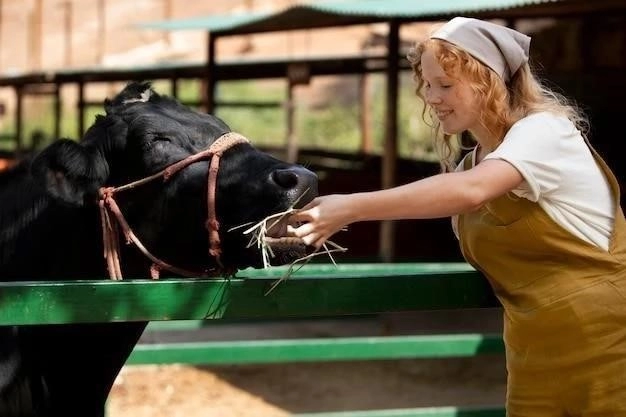
A Call for Change
I believe we need a systemic shift towards a more compassionate and sustainable food system. This requires government policies that incentivize humane farming practices, increased investment in plant-based alternatives, and a greater awareness among consumers about the impact of their food choices.
The way we treat animals is a reflection of our values as a society. By demanding better treatment for farm animals, we can create a more just and compassionate world for all.
My journey towards a more ethical relationship with food hasn’t been easy. I grew up in a family where meat was a staple at every meal. Giving up burgers and bacon cold turkey felt daunting, so I started small. I swapped cow’s milk for almond milk in my coffee and experimented with tofu scramble instead of my usual scrambled eggs. To my surprise, I enjoyed these alternatives, and they slowly became part of my routine.
Then, I decided to visit a local farmer’s market. I had this preconceived notion that all farmers markets were expensive and only for “health nuts,” but I was proven wrong. I met farmers who were passionate about raising their animals humanely and using sustainable practices. I learned about the different breeds of chickens raised for eggs and the importance of rotational grazing for cattle. This experience opened my eyes to the diversity within animal agriculture and the possibility of raising animals ethically.
I started buying my meat and eggs from the market. Yes, it was a bit more expensive, but knowing the animals were treated well and supporting a local farm made it worth it for me. Plus, the quality was noticeably better. The eggs had vibrant orange yolks, and the meat had a richer flavor. It made me realize that I had become accustomed to the bland taste of mass-produced animal products.
My journey is ongoing, and I’m still learning every day. I haven’t completely given up meat, but I eat it far less often and am much more conscious of where it comes from. I’m constantly trying new plant-based recipes and finding creative ways to incorporate more vegetables and legumes into my diet. It’s been a process of trial and error, but I feel good about the changes I’ve made and the positive impact it’s having on my health, the planet, and the lives of animals.
The lung-on-a-chip project was challenging, to say the least. I spent months optimizing the cell culture conditions, trying to coax the delicate lung cells to not only survive but thrive on the chip. There were days when contamination would ruin weeks of work, and others where the cells simply refused to adhere to the microfluidic channels. But I persevered, driven by the belief that this tiny device held immense potential.
One of the most rewarding aspects of the project was collaborating with researchers from diverse fields. I worked alongside cell biologists, engineers, and even clinicians, each bringing their unique expertise to the table. I remember long brainstorming sessions where we debated the best ways to mimic the mechanical forces of breathing on the chip, or how to accurately measure the response of the lung cells to different stimuli.
It wasnt all smooth sailing, of course. There were times when I questioned whether the lung-on-a-chip would ever be a viable alternative to animal testing. The human body is incredibly complex, and replicating even a small part of it on a chip seemed like an insurmountable task at times. But then I would receive an email from a fellow scientist, sharing their latest findings on how their organ-on-a-chip model had successfully predicted the toxicity of a new drug, potentially sparing the lives of countless animals. Those were the moments that reignited my passion and reminded me of the bigger picture.
As my PhD journey progressed, I became increasingly involved in science communication and outreach. I felt a responsibility to share my research and the potential of organ-on-a-chip technology with a wider audience. I gave presentations at local schools, participated in science festivals, and even wrote articles for popular science magazines. It was incredibly fulfilling to see the spark of curiosity in peoples eyes as I explained how this tiny device could revolutionize drug development and reduce our reliance on animal testing.
My journey in the world of organ-on-a-chip technology is far from over. Im now a postdoctoral researcher, continuing to push the boundaries of this field. Im particularly interested in developing more complex and physiologically relevant models, incorporating multiple organ systems on a single chip. The ultimate goal is to create a “human-on-a-chip” – a miniature representation of the human body that could be used to study diseases, test drugs, and personalize medicine, all without the need for animal testing. Its an ambitious goal, but one that I believe is achievable with continued collaboration, innovation, and a steadfast commitment to ethical scientific practices.
One of the biggest challenges I faced was finding alternatives to the convenience foods I was used to. I loved grabbing a quick burger or ordering a pizza after a long day, but those options were off the table, or at least, needed to be drastically reconsidered. So, I started experimenting. I taught myself to cook simple, plant-based meals that were both delicious and satisfying. Lentil soup became a winter staple, and I mastered the art of making a mean veggie burger from scratch.
My friends and family were curious, to say the least. Some were supportive, others were skeptical. I was bombarded with questions like, “Where do you get your protein?” and “But dont you miss bacon?” I learned to navigate these conversations with patience and humor. I explained that protein is abundant in plant-based foods and that, yes, I did miss bacon occasionally, but not enough to compromise my values.
What surprised me most about this whole experience was how much my palate changed. As I ate more fresh fruits, vegetables, and whole grains, my cravings for processed foods and sugary drinks diminished. I started to appreciate the subtle flavors of different vegetables and the way spices could transform a simple dish into something extraordinary. It was like my taste buds had been awakened after years of being dulled by a diet heavy in processed foods.
This journey hasnt just been about changing what I eat; its been about changing my relationship with food and with the natural world. Im more aware of where my food comes from, the resources it takes to produce it, and the impact my choices have on the planet. Its been an empowering experience, and one that I believe has made me a more compassionate and conscientious human being.

